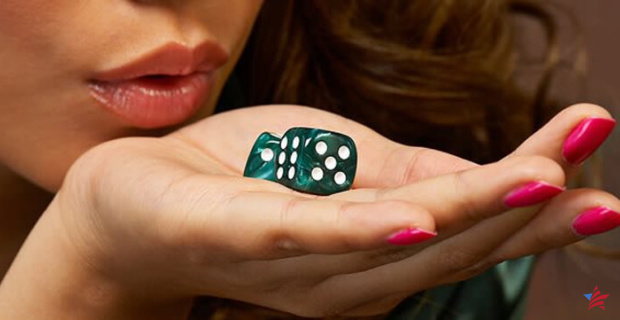Gambling and superstitions go hand in hand. After all, Lady Luck can be a fickle mistress, so players need all the positive luck rituals they can find. They also need to avoid other rituals guaranteed to bring bad luck. Of course, superstitions are not facts, so don’t take them at face value. Still, many have funny and fascinating origins that are definitely worth investigating. In this brief compilation of the worst bad luck superstitions, we’ll take a closer look at the most unfortunate don’ts of the gambling world.
1. Don’t: Whistle While Playing
Whether you’re sitting at a gaming table or enjoying a gambling session at Pirate Spot https://piratespot1.com/en/livecasino/, whistling is a big no-no. It’s not only gamblers who get squeamish every time they see someone contracting their lips; sailors aren’t big fans of whistlers either. This old superstition originates in British sailor culture: there is a belief that whistling on the ship will bring storms and bad weather. Next time you’re in a casino or on a vessel, avoid any whistling impulses and keep your lips in check.
2. Don’t: Play Near a Reader
Who would be reading in a casino anyway? Of course, this popular superstition has nothing to do with book lovers. In reality, this faux pas stems from Chinese culture, where the words ‘book’ and ‘lose’ sound similar. It’s hardly surprising; these things seem to be common in the Orient. For instance, another popular superstition was also made in China: the words ‘four’ and ‘death’ sound uncomfortably similar; consequentially, four is a bad luck number. Remember that at the end of the day, number four and readers bringing bad luck is only a superstition from similar sounding Chinese words.
3. Don’t: Play in Front of Hunchbacks
How many hunchbacks do you really know, except for the fictional Quasimodo? It didn’t stop them from becoming one of the popular gambling omens; seeing one is said to bring terrible luck. The superstition originates from ancient Rome and Greece, where people with deformed spines were ridiculed in popular art. Seeing one is supposed to invoke an ‘evil eye’ curse, as they send bad vibes back to people who ridicule them. Are such beliefs not only harmful but also in bad taste? No doubt. But they’re also just another reminder that superstitions are a load of hogwash.
4. Don’t: Enter the Casino from the Front
Another popular Asian superstition is that entering the casino from the front guarantees bad luck. Why? All the people exiting the casino can rub off their back mojo on you, so avoiding them seems like the next logical step. Of course, you may wonder: how exactly are you supposed to enter the establishment? The superstition doesn’t provide many answers. It’s logical to try the rear entrance, while some outliers may even try their luck with windows. Otherwise, a more reasonable and sensible response would be to ignore this superstition in the first place.
To wrap it up, many gambling superstitions don’t make much sense. Do you really plan to enter the casino through the windows and rear entrances? Does it constitute breaking and entering? Or have you ever met someone reading a book while enjoying a good whistle sitting at a land-based casino? Understanding the often nonsensical origins of these superstitions will allow you to avoid being misled into thinking there is some truth to them. They’re not, but knowing their interesting beginning is definitely fun.




















